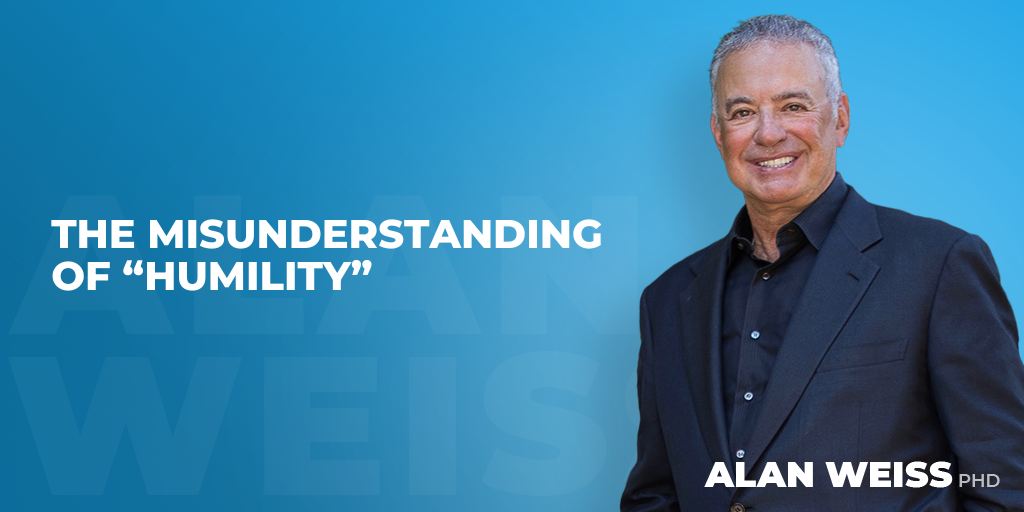The Imprudence of Secrets
My experience in hundreds of organizations is that there are no "secrets." There are people in Astronomer who knew of the intimate relationship between the CEO and Chief People Officer. There always are. But they chose not to speak up
Therapy and Confessions
In general, I’ve found that most skills problems I can address and resolve quickly, but not most attitude problems which are too often requiring therapeutic interventions delving into parents, youth, and esteem issues. Don’t try to be a therapist or
Value Is in the Output, Not the Input
When someone asks what you "do" tell them what you create. "I run leadership retreats" becomes "I focus your top team on achieving market dominance." "I am a stone mason" becomes "I build cathedrals" or, better, "I bring people closer to God." It's
Recipe for Success
Recipe for success in life and careers: Prepare carefully. Do your very best, fearlessly. Go home. Don't rely on other's accolades or critique or metrics. Isolate negatives (at this time, in that place, one person rejected my proposal). Generalize positives (this sale indicates I've become a
Art and Science
It's always seemed to me that coaching is art and training is science. Maya Angelous said, "You train animals, you educate people."
You Choose Success
Perception is reality. If you think the water is deep, you'll tread water without bothering to see if you can touch the bottom. What's your perception of yourself in the buyer's office? Are you a salesperson, a supplicant begging for business?
Brand Power and Buyer Ego
In most cases, when people "do you a favor" they're not merely being kind, they're receiving gratification from doing it. When people give you their business, it's not just an economic decision, they're receiving something from it. Behind every business objective
The Laws of Business Growth Today
There is no "return to normal" or "new normal." In case you haven't realized it, there is only No Normal® at this point. That means that you (and your clients) need to maximize resilience, agility, and innovation. The first two
The Misunderstanding of “Humility”
"Humility" is not reducing your own worth, but rather recognizing and honoring the worth in others. Buyers don't want "humble" consultants (or lawyers, or doctors, or tax advisors). They want experts who respect their own worth and offer expert advice as
John Naisbit Was Right
Bureaucracy arose from the industrial revolution, automation, and consequent levels of "management." It may well be ended by the AI revolution eliminating unneeded management. I've told CEOs I could remove 25% of their organization chart and they might not even




